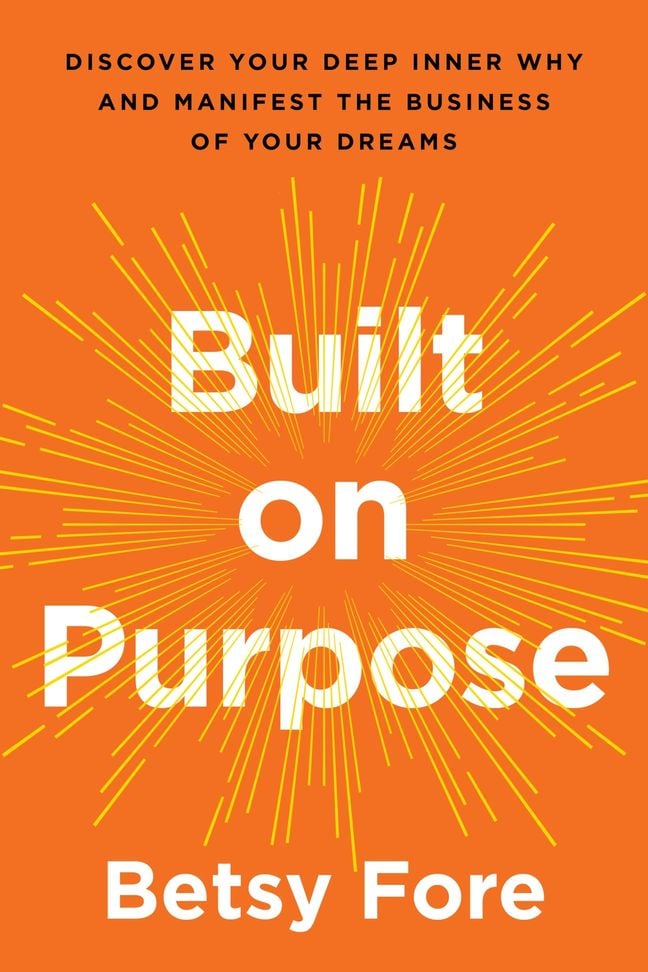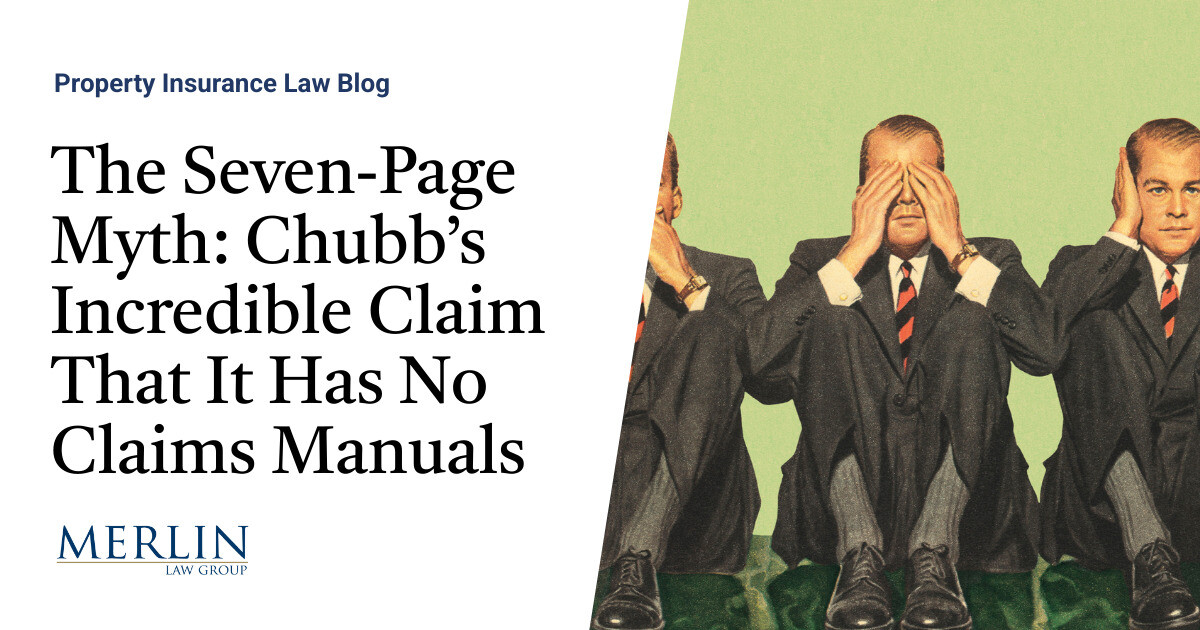You are not required to hire a lawyer to make a will. State laws vary, but typically a person can write their own will if they’re at least 18 years old and of sound mind. The will must detail who gets what, and at least two witnesses should sign it.
What are the most important things to put in a will?
It’s perfectly legal to make a will without a lawyer, but doing it yourself comes with some risks .
Laws vary from state to state, but your will typically must meet these basic requirements to be valid :
-
You must be at least 18 years old.
-
You must be of sound mind.
-
The will must detail your final intent regarding what property you’re passing on and who should receive it.
-
The will must be signed by at least two witnesses. Although some states allow a witness to be one of your beneficiaries, it’s usually wise to choose disinterested parties as witnesses. Handwritten wills typically don’t need any witnesses
Cornell Law School Legal Information Institute. Holographic Will. Accessed May 3, 2023..
How to make a will without a lawyer
You’ve got two main options if you’d like to make a will without hiring a lawyer:
-
Online will makers. These products provide kits and templates for various wills, trusts, powers of attorney, advance directives and other estate planning tools. Some provide access to live attorneys. Online will makers typically only offer options for simple wills and probably aren’t a good choice for large or complex estates.
-
Write it yourself. A handwritten will is known as a holographic will. It’s typically the least expensive option. This type of will isn’t legal in all states, however. If a holographic will is an option in your state, be sure your will meets all your state’s requirements, or it may not hold up in probate court after you die. For this reason, holographic wills aren’t generally recommended.
How much does it cost to make a will?
A do-it-yourself will can cost you nothing if you hand write it. A DIY will through an online service typically costs from $0 to a few hundred dollars.
|
Users who want an all-inclusive experience. |
|
|
|
||
|
||
|
State-specific legal advice. |
|
|
Hiring an estate planning attorney to draft your will might run a few hundred dollars or even more than $1,000. Your cost depends on, among other things, your estate’s complexity.
8 common mistakes in DIY wills
Taking a DIY approach can be effective for simple wills, but some common mistakes could delay probate, invalidate your will or render it ineffective at having your wishes carried out accurately.
-
Forgetting to sign or properly witness your will. An invalid will could result in a probate court distributing your assets to the wrong people.
-
Failing to remove standard template language that doesn’t apply to you. This can create contradictions or ambiguity in your will.
-
Including assets you don’t own or have already assigned to someone else (such as an insurance policy). This can lead to ambiguity about what you wanted your beneficiaries to receive.
-
Failing to name an executor. This can lead to delays in the probate process, family disputes and additional expense.
-
Naming an executor who isn’t suited to the task. Avoid executors who do not have your beneficiaries’ best interests at heart.
-
Not understanding how to protect your beneficiaries properly from creditors. Creditors may seize newly inherited money or assets from beneficiaries with debt problems.
-
Failing to review and update your will when situations change. Forgetting to update your will to include a new grandchild or exclude an adult child’s now ex-spouse, for example, could create confusion and strain relationships.
When does it make sense to hire a lawyer to make your will?
You may want to hire an estate planning attorney to create your will if:
-
You want to exclude people to whom your assets would otherwise pass by default.
-
Your estate is large enough to subject your beneficiaries to estate tax.
-
You have complex plans for distributing your assets. For example, you want to leave your home in trust for the remainder of a significant other’s life and then have it pass to your children.
-
You’d like to divide your assets among multiple people across multiple generations.
-
You want to be sure your will holds up in probate court.






































